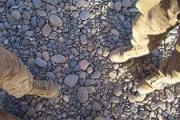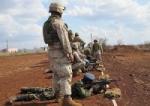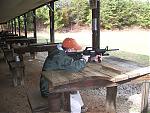
Originally Posted by
Jedburgh
The Iraqi Sunni Arabs have yet to present a united political front, so we have a broad spectrum of factions we are dealing with: outright rejectionists, those who are openly attempting to derail the process, those who hope (vainly) to use it as an alternative enabler for the classic strategy of taking over from within, and then, what I personally feel is the tiniest group of them all, the ones who are ready to fully and legitimately participate in the process of creating a representative Iraqi government.
Sunni participation is a necessary metric that requires very close monitoring - their participation isn't an automatic indicator of success, but their failure to participate is an indicator of failure.









Bookmarks